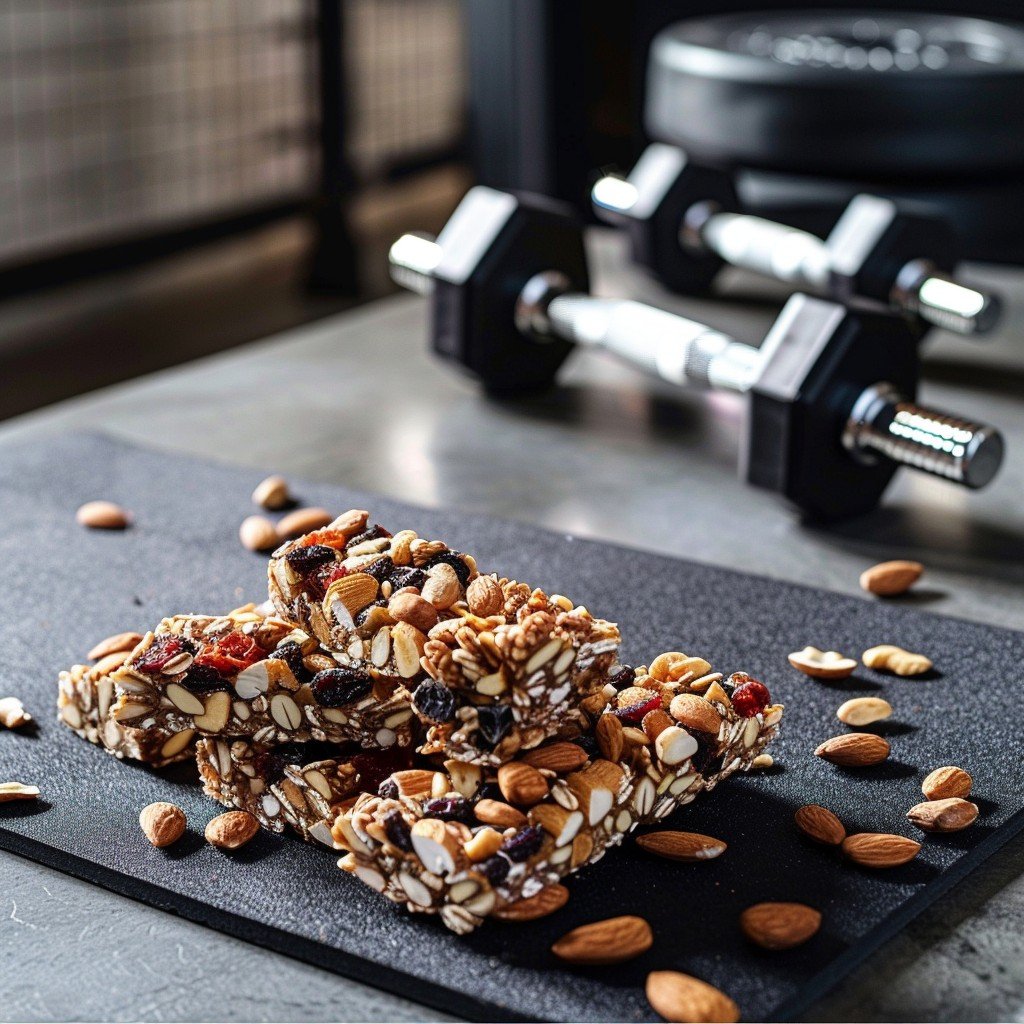Coffee: A Complex Brew of Potential Benefits and Risks
For coffee enthusiasts, that morning cup of joe is a cherished ritual. But behind the aroma and flavor lies a complex beverage that has sparked debates about its impact on health. While coffee was once considered a potential carcinogen, recent research has exonerated it, even suggesting it may lower cancer risk when consumed in moderation.

Source of
This enigmatic brew contains a rich blend of compounds like caffeine, vitamins, minerals, and plant chemicals. An average 8-ounce cup packs around 95 mg of caffeine. Moderate intake, defined as 3-5 cups daily, equates to roughly 400 mg of caffeine, per the Dietary Guidelines for Americans.
Coffee’s Effects: A Delicate Balance
The effects of coffee can vary greatly from person to person. Low to moderate caffeine doses (50-300 mg) may boost alertness, energy, and concentration. However, higher amounts can trigger anxiety, restlessness, insomnia, and increased heart rate.
Despite this, a growing body of evidence points to potential health benefits associated with moderate coffee consumption. But are these benefits derived from the caffeine or the plant compounds in the beans? And is there an optimal daily intake to reap these rewards?
Potential Health Impacts:
- – Cancer
- – Type 2 Diabetes
- – Heart Health
- – Depression
- – Neurodegenerative Diseases
- – Gallstones
- – Mortality
The Verdict: Moderation is Key
While coffee doesn’t seem to increase cardiovascular disease or cancer risk, consuming 3-5 standard cups daily may lower the risk of several chronic conditions. However, some individuals may experience jitters, anxiety, or insomnia from high caffeine intake. Those with blood pressure issues may want to limit their coffee consumption.
Preparation
Pregnant women should aim for less than 200 mg of caffeine daily (about 2 cups), as caffeine crosses the placenta and has been linked to pregnancy loss and low birth weight.
If you’re sensitive to caffeine or don’t currently drink coffee, there’s no need to start. Decaf coffee offers similar health benefits without the caffeine buzz. And remember, loading your coffee with whipped cream, syrups, and sugary add-ons can offset any potential health advantages.
In the end, coffee is a complex brew with potential benefits and risks. Moderation, individual tolerance, and mindful consumption are key to enjoying this beloved beverage responsibly.








